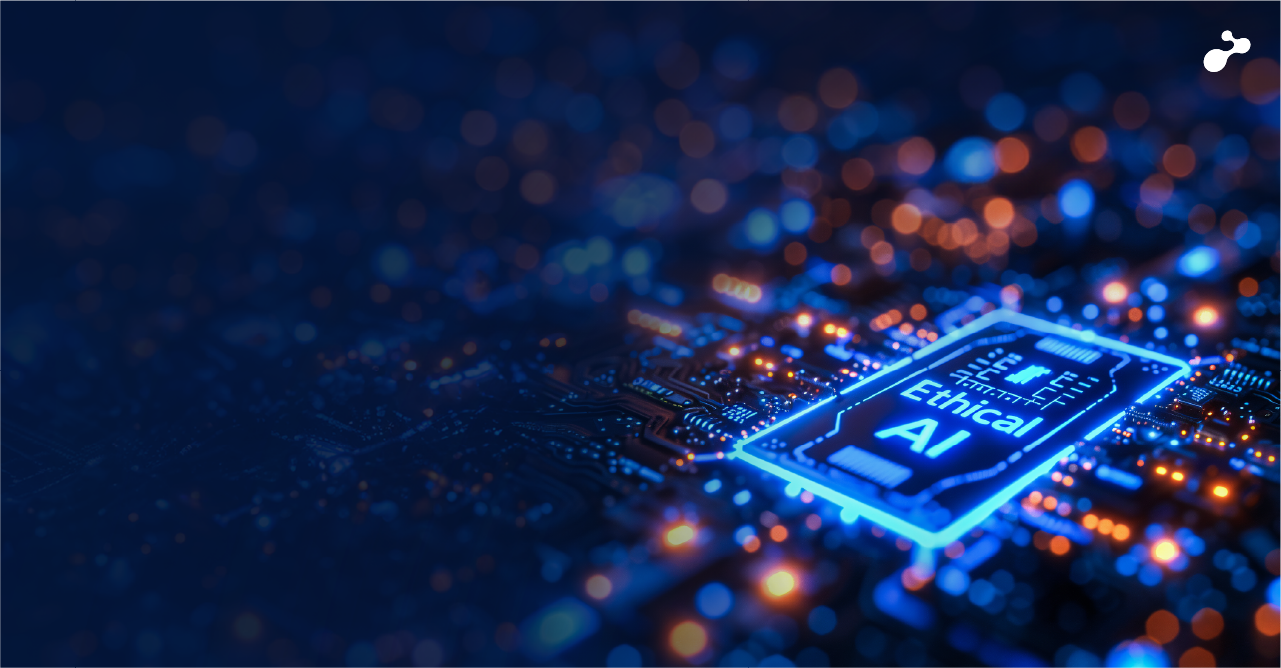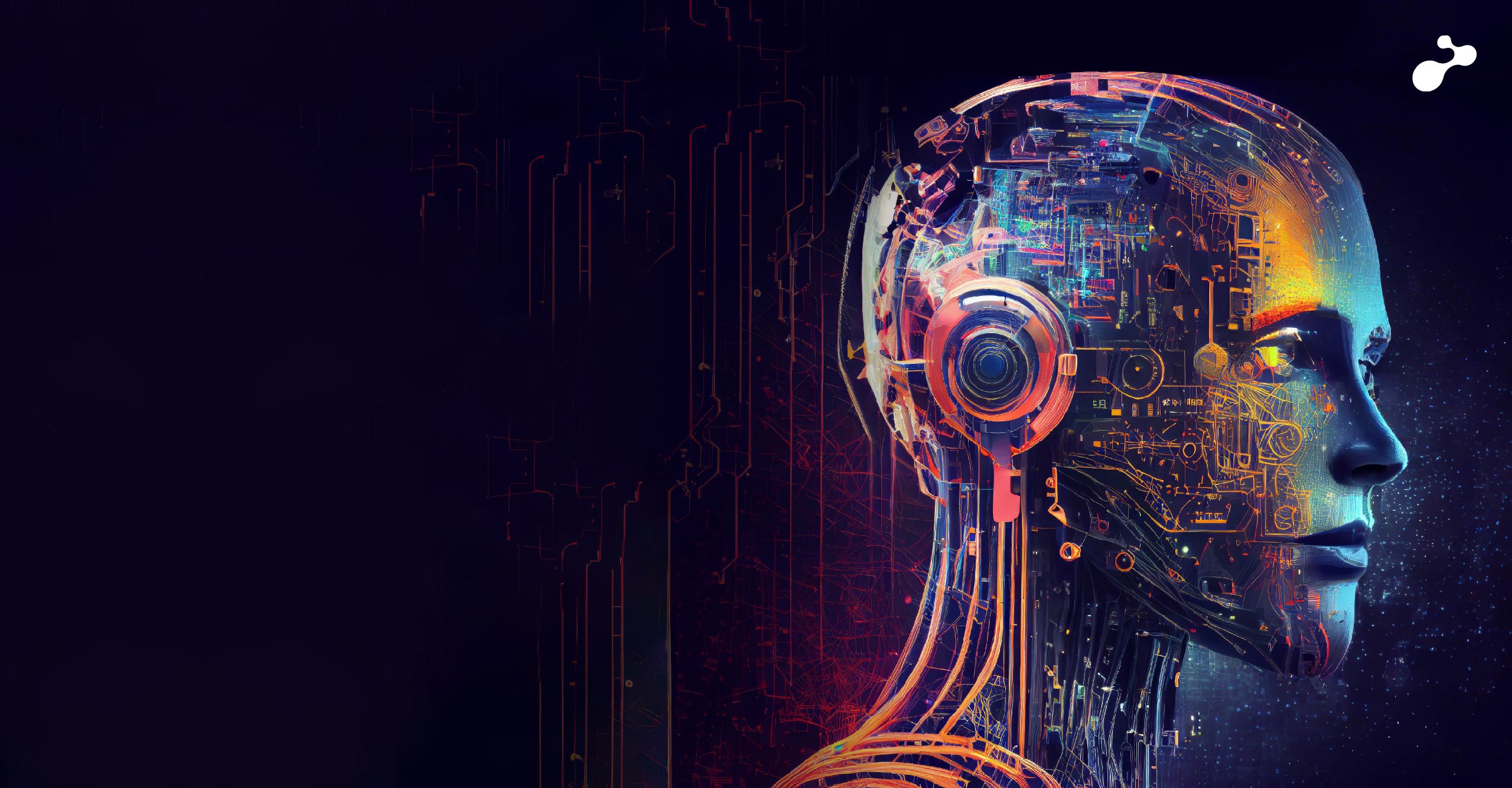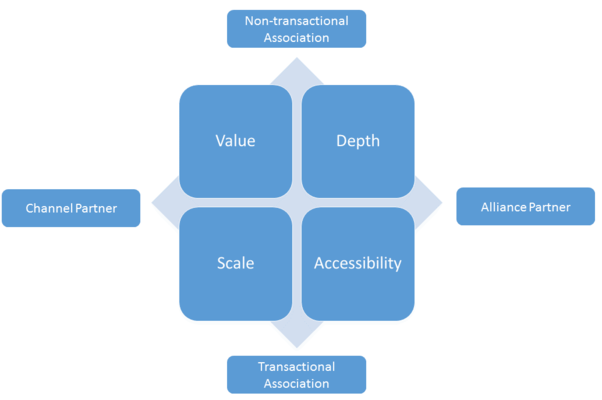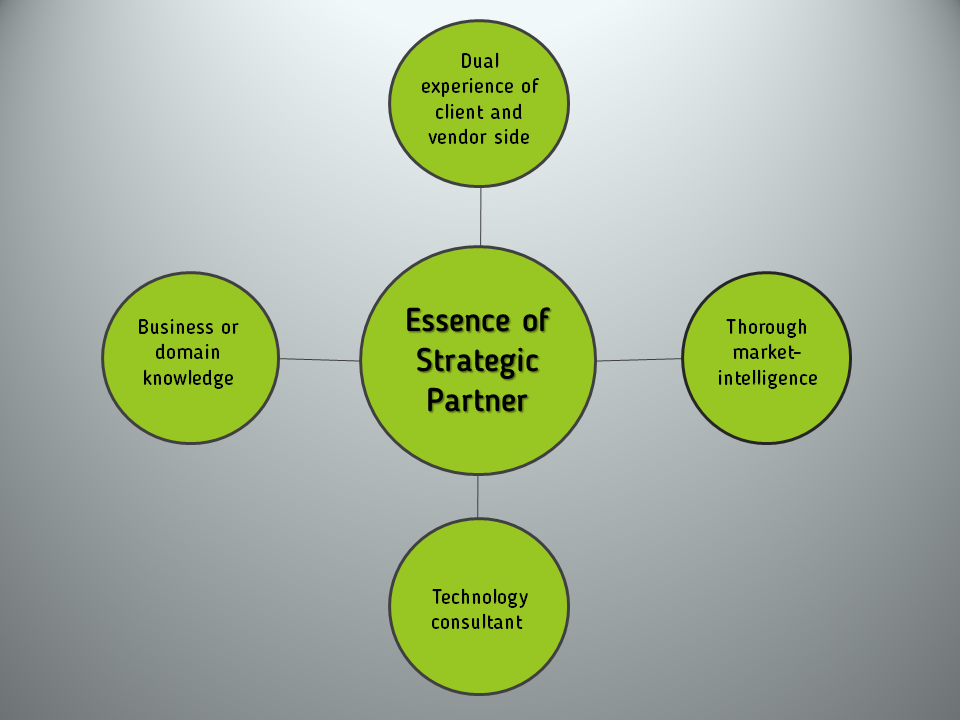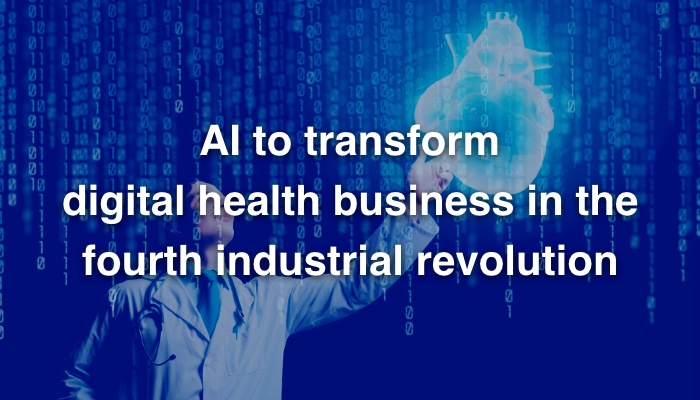
Artificial Intelligence (AI) has a major role to play as a catalyst in the healthcare revolution. As we experience the fourth industrial revolution in this century, the proliferation of technologies has fused the physical, digital and biological worlds. The impact of AI on the global economies and industries is unparalleled.
With the change in environment and lifestyles of people around the globe, we witness a major challenge in the form of chronic diseases.This has put a pressure on our healthcare system. According to statistics, chronic diseases cause 7 out of every 10 deaths. These are both predictable and preventable.AI is expected to play a very pivotal role in addressing the solutions that provide personalized medicines and other interventions.
Let us look at a few trends where AI is expected to become the key factor in addressing the chronic disease challenges in the healthcare system.
- Disease detection with Big Data and Deep Learning
- Assistance from Chatbots and virtual assistants
- Convenient drug distribution
- Patient monitoring
Over the coming decade, the power of AI and its role in healthcare is undeniable. Practicing more precision medicine than intuitive medicine will make health care simpler, more accessible, and less expensive. By helping us understand the patients’ diseases precisely, AI will push our healthcare system to deliver the best outcome.
We stand on the doorstep of the ‘Fourth Industrial Revolution’, a technological wave that revolutionize the way we live, work, and relate to one another. AI is expected to be integrated into the healthcare fabric and transform how we look at well-being unlike anything humankind has experienced before.

